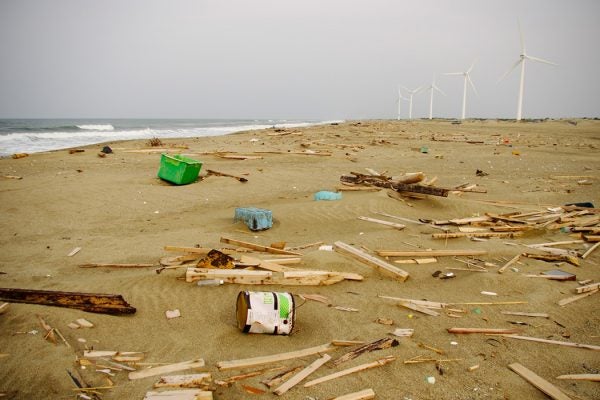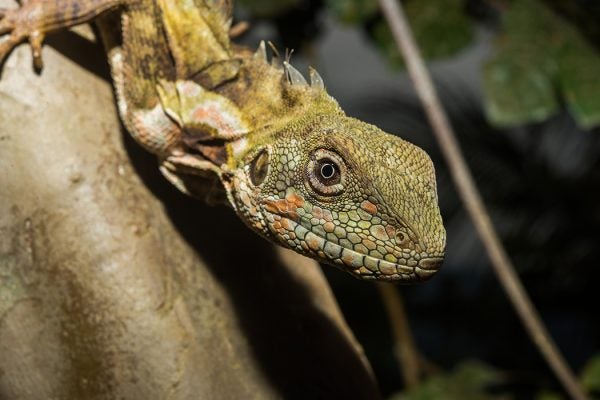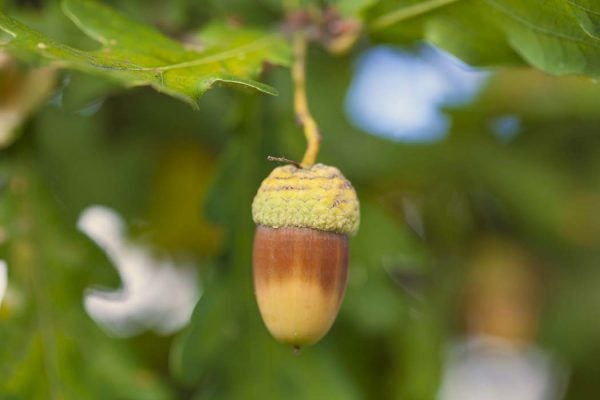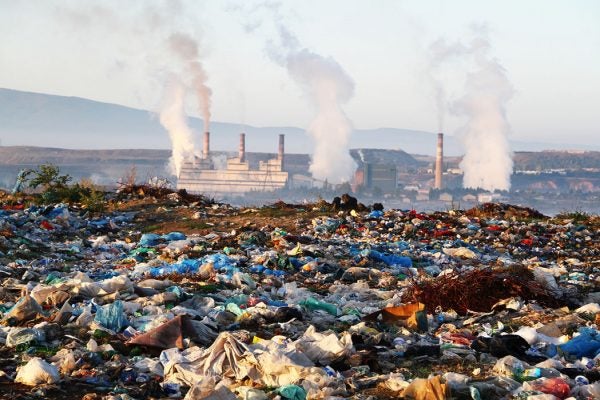Marine Debris and Its Dangerous Hitchhikers
Larger pieces of floating debris, like that caused by the Japanese tsunami, may carry hitchhikers in the form of organisms native to their place of origin.
Reptiles Need Your Love, Especially Now
A new study from Oxford and Tel Aviv universities found reptiles are underrepresented in conservation efforts, just in time for Reptile Awareness Day.
The Origins of Human Speech: More Like a Raven or a Writing Desk?
Language is the cognitive faculty that separates humans from other animals, but interjections have often been equated with the primitive cries of animals.
Can the Acorn Crop Predict Lyme Disease?
Will cutting fewer forests, where tick hosts and their predators live, help curb Lyme disease? Scientists debate.
Plastic in Your Beer, Toxins in Your Air, and Heavy Metals on Your Doorsteps
From household plastic to industrial waste, anthropogenic activity has created compounds that poison ecosystems from water to air.
This Week in Sustainability: From Ice Age to Internet Age, Scientists Look for Clues to Species’ Extinctions
Scientists explore the causes--climate change, habitat destruction, and more--that decimated animals and humans alike, from Ice Age to Internet Age.
Six Surprising Facts About Spiderwebs
Intricate, strong, and rapidly-built, spider webs are more amazing even than they first appear. For a construction job done right, get a spider to do it.
What Makes a Brain “Speech Ready?”
Can monkeys talk? According to new research, they could, if their brains would let them.
Do Fossils Always Tell the Truth?
New findings indicate life on earth is older than we thought.
What Did Manhattan Look Like in 1609?
The Welikia Project recreates a lost vision of Manhattan, one composed of marshes and forest surrounded by wide, meandering rivers.









